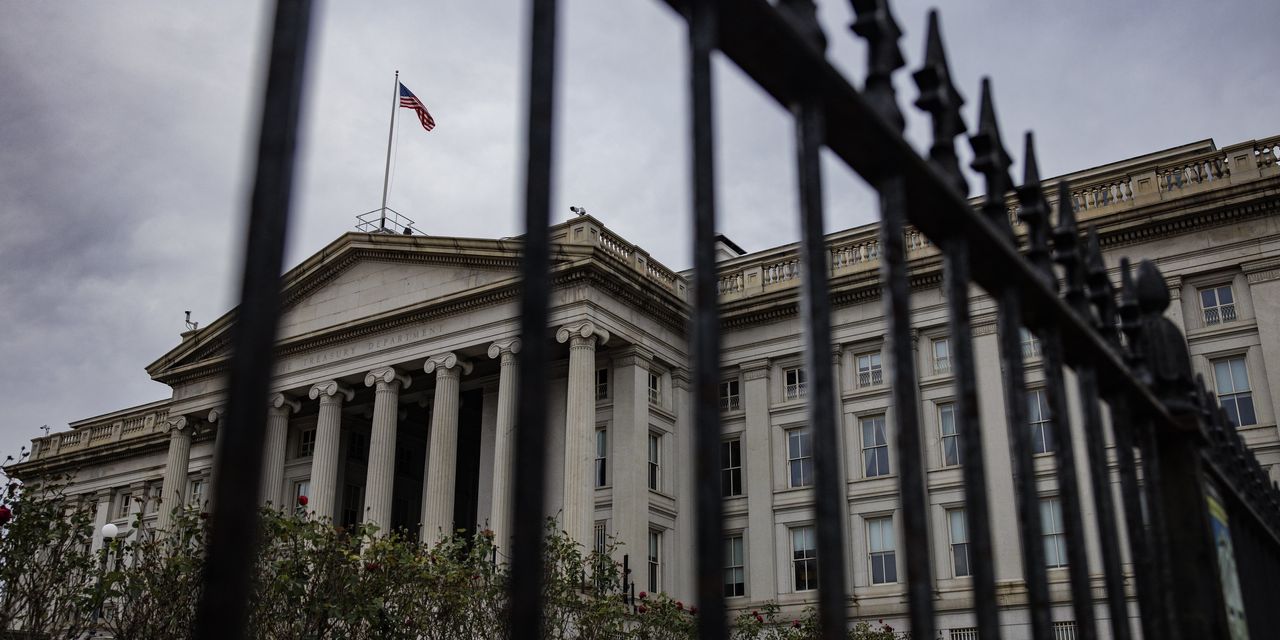
U.S. government bond yields gave up overnight gains Friday after data showing the fastest inflation in decades reinforced investors’ expectations for the economy to start slowing next year while the Federal Reserve tightens monetary policy.
The yield on the benchmark 10-year U.S. Treasury note settled at 1.487%, according to Tradeweb, compared with 1.486% on Thursday.
Yields, which rise when bond prices fall, drifted higher overnight, with the 10-year yield touching 1.518%. They then retreated after the Labor Department said the consumer-price index rose 6.8% in November from a year earlier. That was the fastest pace since 1982 and the sixth straight month in which inflation topped 5%.
The so-called core price index, which excludes the often-volatile categories of food and energy, climbed 4.9% in November from a year earlier and 0.5% from the previous month. Those matched the forecast from economists surveyed by The Wall Street Journal.
“It was a very high inflation print, but it was a high inflation print that was already expected and should have been priced into the market,” said Blake Gwinn, head of U.S. rates strategy at RBC Capital Market.
Treasury yields often rise and fall with inflation expectations both because faster inflation eats away at the purchasing power of interest payments and because it can lead the Fed to lift short-term interest rates, which play a major role in determining short-term Treasury yields in particular.
Treasury yields did rise sharply a month ago when CPI data for October exceeded expectations, dampening hopes that inflation might subside quickly on its own without much central bank intervention.
Since then, two major developments that have affected bond prices have been the emergence of the Omicron Covid-19 variant and signals from central bank officials that they might raise rates next year even sooner than previously expected.
Both have helped lower investors’ longer-term growth and inflation expectations and dragged down the 10-year yield, though the prospect of tighter monetary policy has lifted short-term yields.
The yield on the two-year note settled at 0.660%, according to Tradeweb, down from 0.684% Thursday, an indication that investors didn’t immediately think the CPI report would force the Fed to move any quicker than it had already planned.
Write to Sam Goldfarb at [email protected]
Copyright ©2021 Dow Jones & Company, Inc. All Rights Reserved. 87990cbe856818d5eddac44c7b1cdeb8
Appeared in the December 11, 2021, print edition as ‘Yields Nearly Flat On Economic Data.’








